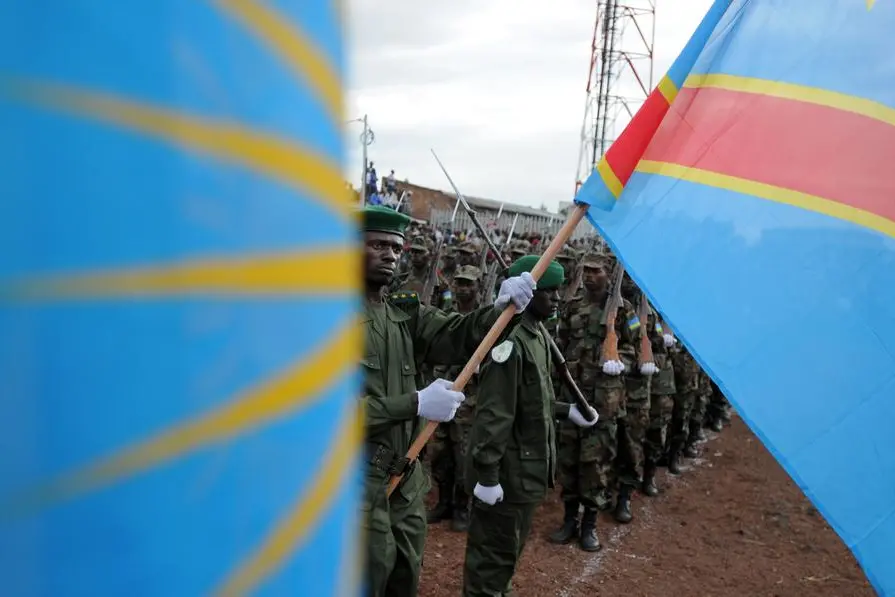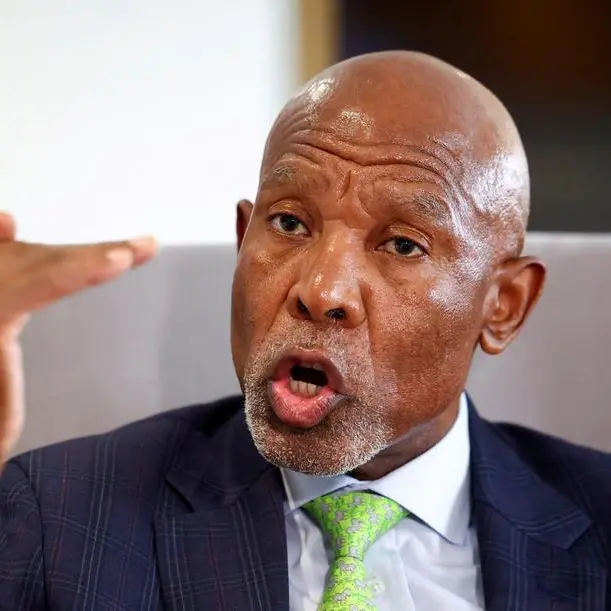PHOTO
The Democratic Republic of Congo has restored capital punishment, particularly for treason and "banditry", as it deals with increased rebel attacks in the volatile east.
The decision, communicated in a signed statement by Justice Minister Rose Mutombo on Wednesday, lifts a 2003 ban on the death penalty.
For the past two years, DR Congo has been facing an offensive by M23 (March 23 Movement) rebels who have seized swathes of the northeastern North Kivu province.
The retreat of the Congolese army and its militias in the face of M23's advance has aroused suspicions that some soldiers are collaborating with them.
Several military personnel as well as members of parliament, senators and business leaders have been arrested and accused of "complicity with the enemy".
According to the statement, "acts of treachery or espionage have taken toll on the population and the Republic.
The restoration of the death penalty is to "rid our country's army of traitors... and curb the upsurge in acts of terrorism and urban banditry resulting in death," the statement added.
Several human rights organisations condemned the decision.
The Congolese pro-democracy citizens movement LUCHA on Friday said it "opens the door to summary executions in a country where the flawed operation of the justice system is widely recognised".
Amnesty International said it was a "serious regression and a sign of further decline in terms of human rights."
Security forces in the east, who requested anonymity, told AFP that "public executions of soldiers" accused of "collaborating with the enemy" in particular with the M23 and Rwanda, were already planned.
Before it was banned by former president Joseph Kabila, the death penalty was frequently handed down -- particularly in cases involving military officers or members of armed groups.
Since 2003 a death sentence had been commuted to life imprisonment.





















